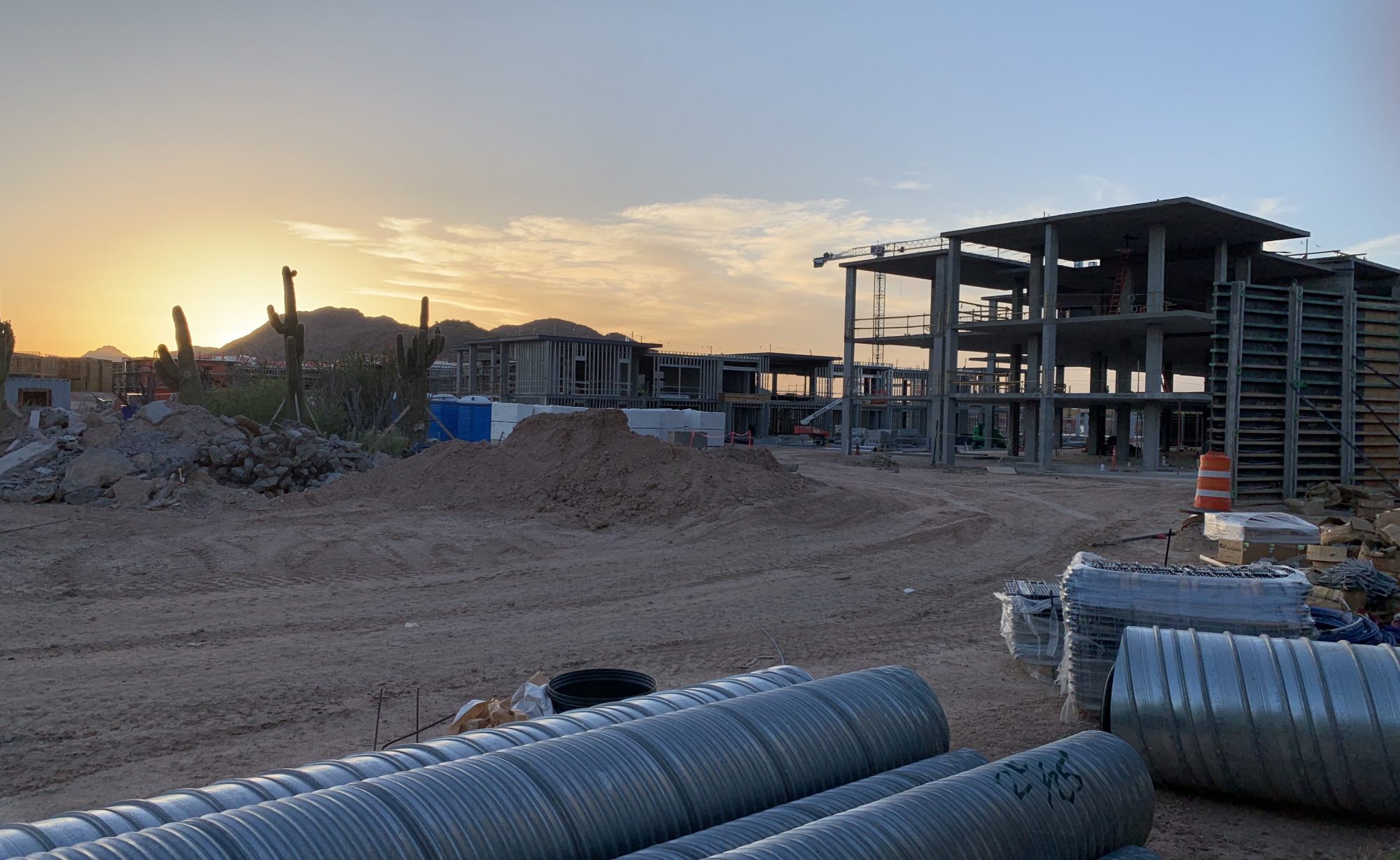I am excited to announce that I have joined a new law firm – Holden Willits, PLC. Holden Willits is ranked by US News & World Report as a Tier 1 law firm in Phoenix for construction law and construction litigation. And as you may be able to tell from this blog, construction law and construction litigation are the main focus of my practice. For this reason and others, I am happy that Holden Willits is the next chapter in my legal career.
While this is a big change for me professionally, it will not change this blog. As new developments relating to Arizona construction law arise, I will continue to write about them. Thank you and stay tuned!



